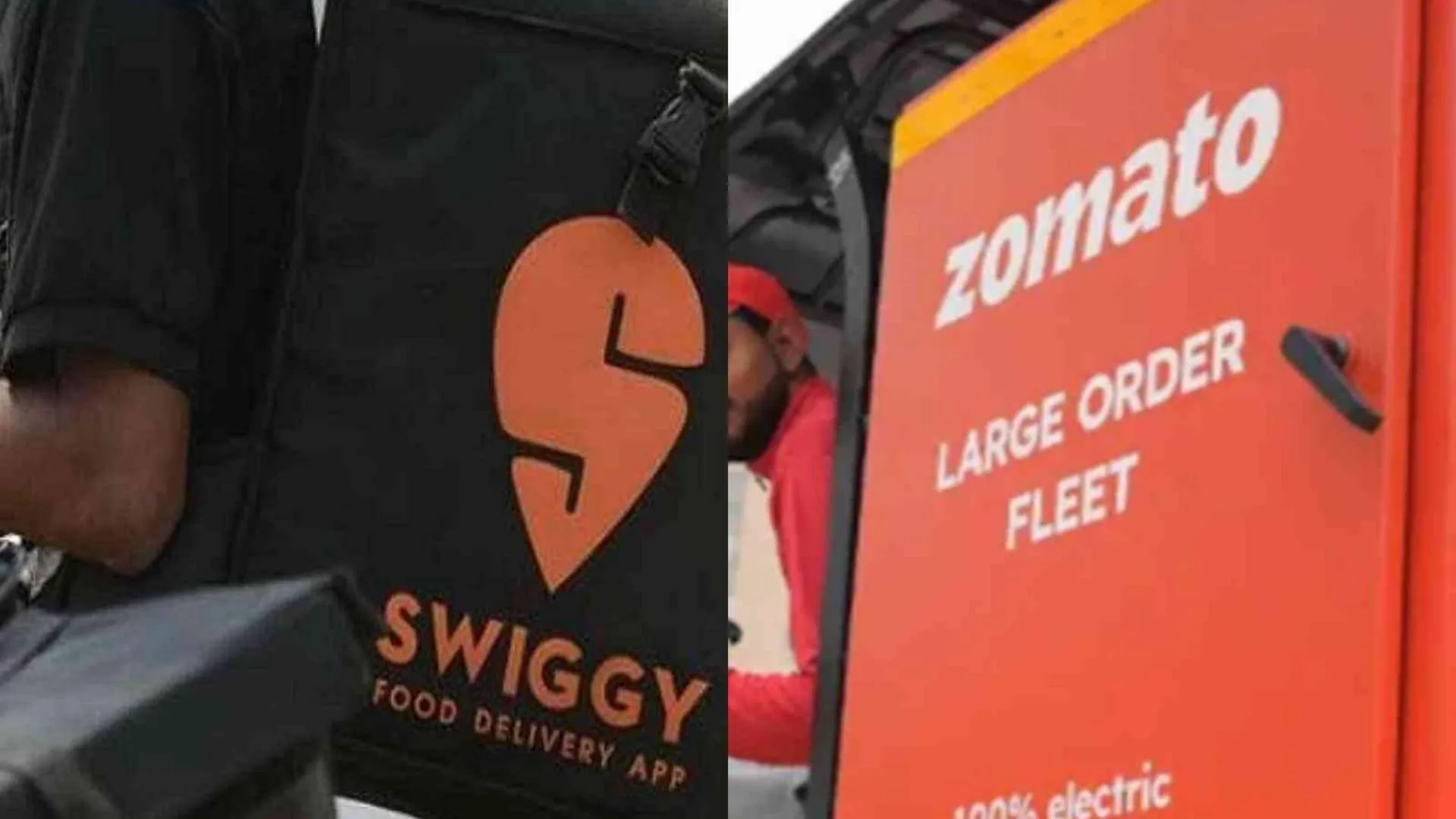The ongoing dispute between the National Restaurant Association of India (NRAI) and food delivery platforms Swiggy and Zomato has escalated as restaurants accuse the aggregators of unfair practices. NRAI alleges that these platforms are leveraging restaurant data to launch their own food brands, essentially turning from service providers into direct competitors. High commission fees and the introduction of rapid food delivery services have further fueled tensions.
Restaurant Owners Raise Concerns
Zomato and Swiggy recently launched their own quick-delivery services—Zomato’s Bistro and Swiggy’s SnacQ—which promise to deliver food in 10-15 minutes. NRAI claims these services exploit data gathered from restaurant partners, allowing the aggregators to dominate the market by offering similar dishes at competitive prices. Moreover, Swiggy and Zomato’s expansion into dine-in services is seen as an added threat to traditional restaurants.
NRAI’s Stand on Private Labels
NRAI President Sagar Daryani has voiced concerns over how these platforms use confidential data. Speaking to media, he stated, “We support technological advancements, but the issue arises when Swiggy and Zomato use our data to create competing brands. They have access to insights that even restaurant owners don’t, and they are now leveraging this information to challenge us in our own space.”
In addition to this, Swiggy and Zomato face growing competition from emerging players like Zepto Café, a brand that has quickly gained traction in the quick-service restaurant sector. Launched in 2022, Zepto Café reportedly processes 50,000–60,000 orders daily and has ambitious plans to generate ₹1,000 crore in revenue by 2026.
How Zomato and Swiggy Justify Their Strategy
Zomato CEO Deepinder Goyal defended the company’s decision, highlighting how faster delivery times lead to increased demand. “When we reduced delivery times from 45 minutes to 30 minutes, restaurant sales went up. We expect similar results with 10-15 minute deliveries, especially in office-dense areas where quick service is crucial,” he said.
Swiggy, on the other hand, has introduced SnacQ in select areas of Bengaluru, offering a menu of 128 items priced under ₹200 with free delivery on orders above ₹100. Additionally, the company has launched Swiggy Bolt, a service promising 15-minute deliveries from partner restaurants.
Commission Fees and Revenue Impact
Another point of contention is the high commission fees charged by Swiggy and Zomato, which range between 16% and 30% per order. New restaurants often bear the highest costs, making it challenging for them to remain profitable. Adding to the concern, both platforms offer discounts of 15-20% on dine-in services through bank tie-ups, increasing order value but not necessarily benefiting restaurant owners.
With rising tensions and growing competition in the food delivery space, NRAI is pushing for better regulations to protect restaurant businesses. Many restaurant owners are now seeking greater control over their data and fairer practices from aggregators they once trusted.
Also Read: Goldman Sachs Lowers Target Price For BSE Amid SEBI’s Risk Monitoring Proposal























